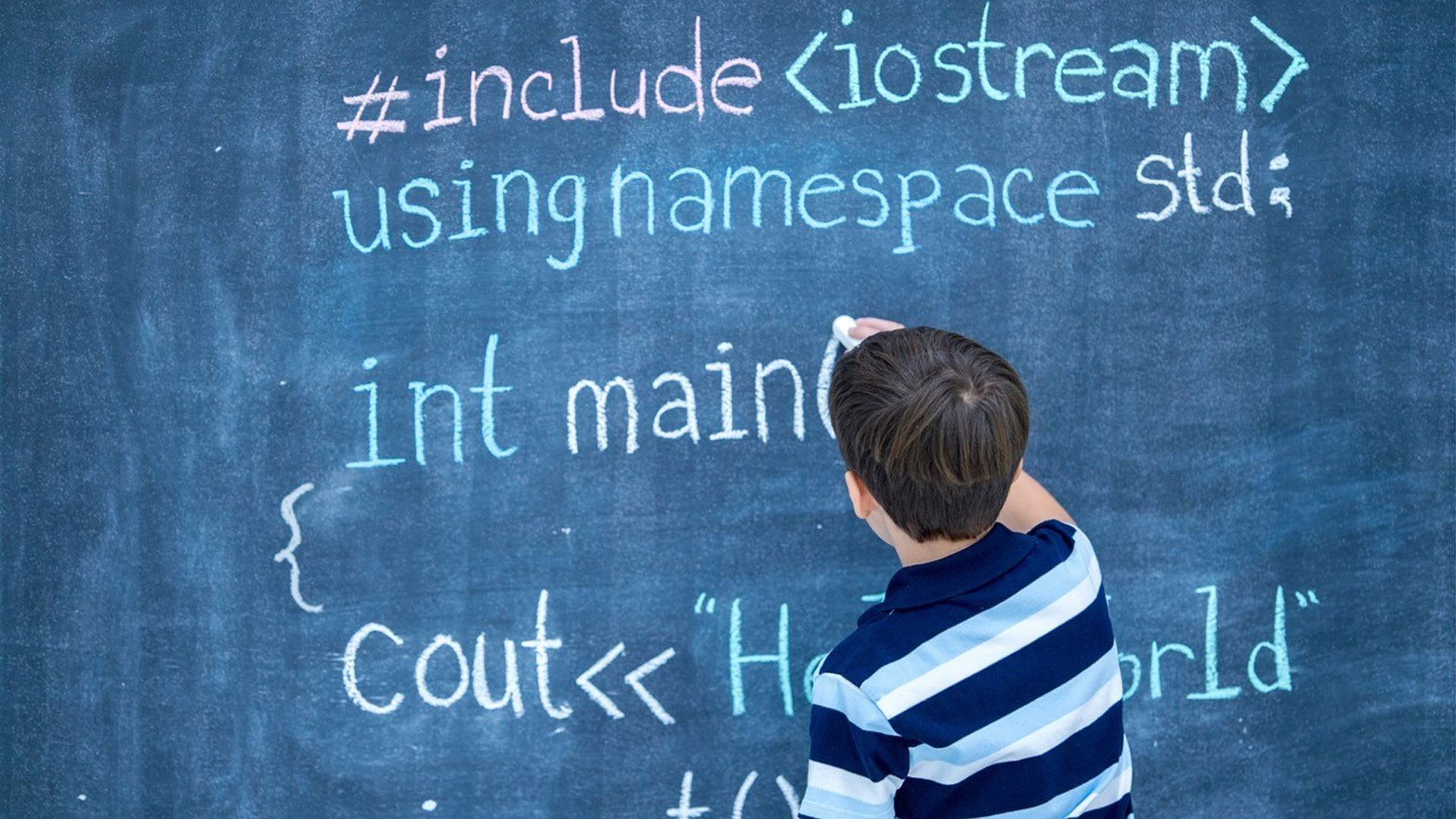By
‘Contagion’ is now the second most-streamed movie behind Harry Potter. Why watch a show that scares us when we have a pandemic in real life? Because thrillers and horror movies can increase feelings of safety and decrease fear. There are big takeaways in the popularity of ‘Contagion’ for brands and organizations about what people need and want in times of crisis and how they benefit both the consumers and them. This is a time when the spotlight is on how brands behave in response to a crisis.
Spoiler Alert:
The most important messages from ‘Contagion’ and our real-life pandemic are the importance of hope, grit and the sense of community. Brands have an opportunity and, in my mind, an obligation, to emphasize our interconnectedness, resilience and sense of collective agency through whatever means they can. Even if it hurts the bottom line. There is a lot of suffering and hardship out there. People are scared. Our health is dependent on the behavior of everyone, not just those who are vulnerable. We all need to step up.

1. Information Provides Comfort
In a time of uncertainty, people search for comfort by increasing their sense of control We feel control by getting information that makes the world more understandable. Since there are no easy answers to the coronavirus, ‘Contagion’ watchers are looking at fiction as an information source. When we can’t create an image in our brains to explain what is happening, it’s not surprising that we seek out someone who can. A movie like ‘Contagion’ seems like a good source. It looks and feels real.
The Takeaway for Brands:
Brands can give customers information and resources to make them feel more in control. Control relieves fears. Support can be practical, like discounts, or emotional, like hope and encouragement. Zoom, for example, has extended its video conferencing service free to elementary schools around the world. American, United, Delta and Southwest are waiving change fees. Burger King is giving away free kid meals. Even small businesses, like my local Orange Theory Fitness, is posting free at-home workouts. This isn’t about a specific product; it’s about identifying what is brand-aligned and can give some form of practical or emotional support.
2. Scary Movies Help Manage Our Fears
No one wants to be alone. In ‘Contagion,’ Matt Damon is sharing the burden. Fiction addresses our real-life worries and can impact us in profound ways, changing our attitudes, increasing our empathy and improving our understanding of others. Right now, we are struggling to manage anxiety in the face of unanswerable questions: ‘how long will it last?’ ‘how bad can it get?’ and ‘can we survive?’ The fact that ‘Contagion’ is fiction does not matter. An on-screen threat helps us manage our own “existential” fear of danger and lack of control. Movies like ‘Contagion’ help us experience and manage emotions by making the dangers seem possible to defeat. When we watch a scary movie—especially if we identify with the hero–we get ‘proof’ that we can survive and that everything will be all right. Or at least we feel like we’re not alone.
The Takeaway for Brands:
Brands can reach out to reinforce the sense of connection while we all distanced.
3. The Reward of Predictability in Horror Movies
Horror movies and thrillers are well-defined genres with predictable patterns: 1) something normal becomes horrifying, 2) characters face mental or physical disorder and violence, and 3) the characters restore normality. The resolution – the reestablishing of order after an apocalyptic showdown—is key because it increases the enjoyment of entertainment. The knowledge of resolution sets up an expectation that ultimately, in spite of the horror, good triumphs over evil. Not only does it reaffirm our beliefs about a “Just World” where evil doesn’t win, but it is a physical journey. We willingly withstand the cortisol and adrenaline because we get the dopamine reward when the plot resolves and we feel safe again.
Ironically, the anxiety of the social and political divisiveness in the last few years may have created a hypervigilance to threat across society. When we are hypervigilant, the amygdala is activated and heightens the sensitivity to perceived danger. For example, people who are hypervigilant experience a greater response to a startling event (Boo!) than someone who is not anxious.
The Takeaway for Brands:
Knowing people are hyper-sensitive to anxiety, more than ever, marketing messages should focus on positive outcomes and encourage strengths and competence, not “solutions” to what’s wrong with us.
4. Is ‘Contagion’ Too Real?
Does the current pandemic make the movie ‘Contagion’ a little too close to home? We are awash in uncertainty with no end in sight. The near future is starting to feel daunting. It’s one thing to ‘hide out’ for a weekend and quite another to retreat from the world for weeks or even months, avoiding social contact, trying to work remotely while simultaneously managing the home-schooling of your kids. It’s pretty clear that we are facing a marathon, not a sprint. In ‘Contagion‘, 26 million people died before the vaccine was invented and the movie ended. Using ‘Contagion’ as an example of what might happen may not be all that reassuring, potentially increasing paranoia and anxiety rather than diminishing it.
George Gerbner proposed Mean World Syndrome, a cognitive bias resulting from overconsumption of negative mass media, like the news. The result is a persistent belief that the world is more dangerous than it really is. I don’t even know that means during a pandemic but ruminating on problems negatively impacts emotions and can dampen immune systems. What will our mindset be after weeks of coronavirus-related coverage? It may encourage some to take more precautions, but there is also a danger that it can fuel the fear-laden narrative that is replicating Contagion’s marketing line “nothing spreads like fear.”
The Takeaway for Brands:
Some brands and people will exploit fear. Others will go about business as usual which, in this climate, will sound insensitive. Don’t be the last brand to figure this out. There is an emotional ‘halo-effect’ that carries forward. Scaring people is a cheap shot that can undermine longer-term brand trust—especially in this environment.
5. The Long-Term Effects Aren’t Covered in the Movie
‘Contagion’ ends with reassurance from Matt Damon that things are going to get normal again. A big factor in handling a crisis is trust. While there are many working hard and putting themselves at risk, I’m not sure we have faith that our government will behave as efficiently as they did in the movie; especially given the evidence to date, such as the lack of coronavirus tests and conflicting information from officials. ‘Contagion’ has a clear advantage—it was over in 1 hour and 46 minutes. In real life, the end of a pandemic isn’t that tidy. As psychologists, we also don’t know the long-term effects of social distancing, shelter-in-place, and fear of food shortages. These things trigger primal and instinctive reactions: abandonment and survival. One study looking at the impact of quarantine surrounding the SARS epidemic reported a high frequency of emotional distress in about 30% of participants, including symptoms of PTSD and depression. The longer the quarantine period, the higher the rate of PTSD and depression. What will a long term siege do to our perceptions of safety or comfort in group settings?
The most important message for us all is to focus on the importance of hope, grit, and community. We all came together after 9/11, but this crisis calls for a different kind of resilience and commitment. Marketers have an opportunity to emphasize our interconnectedness and sense of collective agency–even at the expense of the bottom line. But we all need to make a difference by being sensitive to the hardships faced by others and do our best to keep everyone, not just the most vulnerable, safe and healthy.
ABOUT THE AUTHOR:
Join Over 7,500 Fielding Alumni Located Around The World!
Change the world. Start with yours.™







Get Social